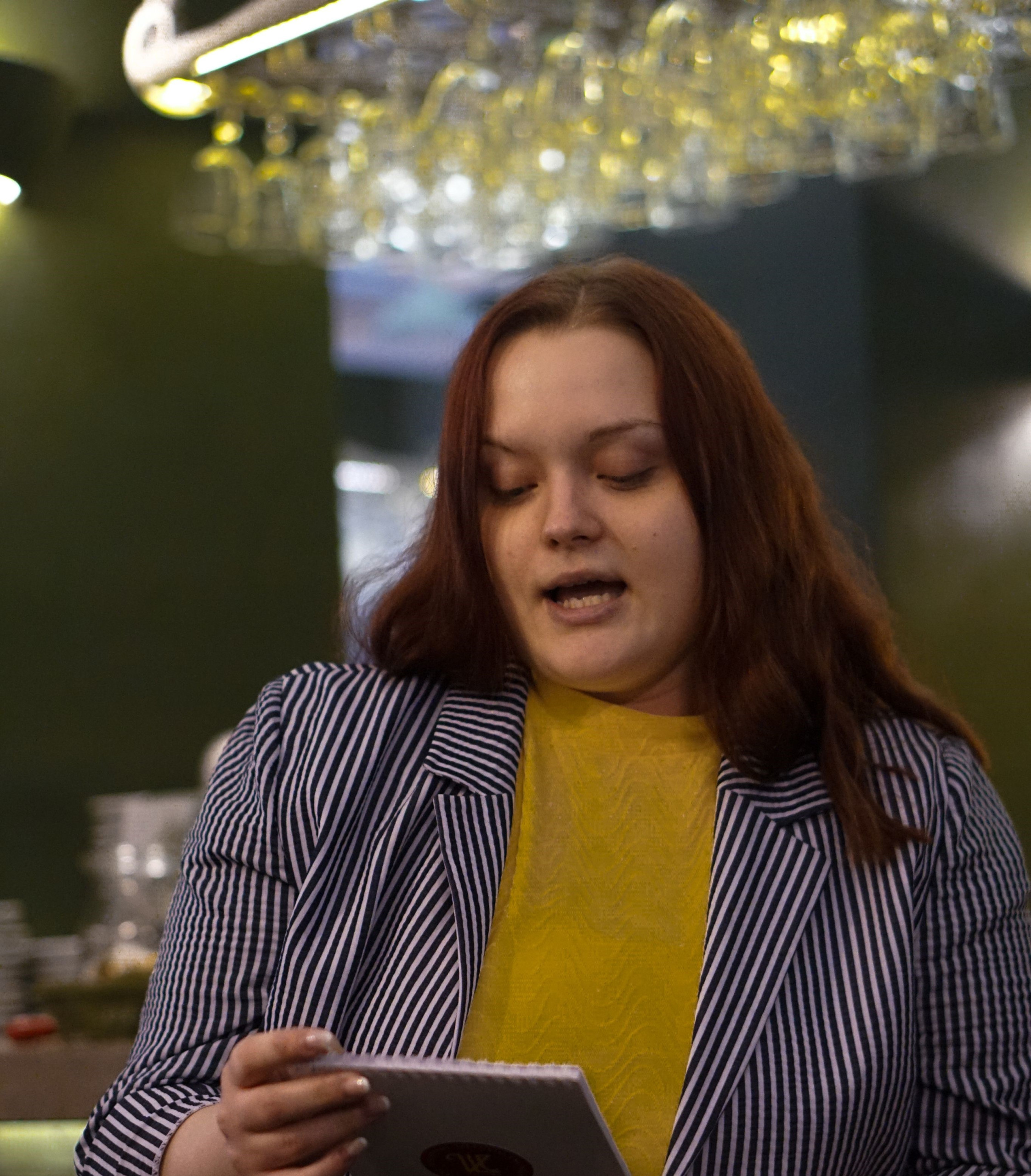 Back
Back

One of the aims of DIGIRES is to involve students and interns from different disciplines in its activities. Austėja Vaičiulevičiūtė, a second-year student at Vytautas Magnus University, who joined DIGIRES team this spring, shares her experience and impressions of her project management internship.
Why did you decide to do your internship at DIGIRES?
I chose to do my internship in DIGIRES association first of all because I did not want to distance myself from the community of Vytautas Magnus University: not only do I value the knowledge I have gained in lectures and seminars, but I also appreciate the support, willingness to help, advise, and the communication of my course group, lecturers, and the administrative staff, who all work together in an academic environment as colleagues.
Moreover, my future Master’s thesis is related to the expression of misinformation in headlines, so the field of my internship was of particular interest to me: I was looking for an initiative or a company that was related to my field of interest, i.e. to promote media and information literacy, to teach how to recognise and prevent the spread of misinformation. DIGIRES was just the place.
What did you like and what impressed you the most during this internship and why?
What I liked most was the opportunity to work together with a broad team of experts and researchers, to get into their daily routine, and to contribute to the overall goal of the project – to promote media literacy, critical thinking, and the creation and dissemination of reliable, easy-to-understand content. I was also impressed by the flexibility, the compatibility with other activities and work, the open approach to ideas and the space left to make mistakes and to learn from them.
What tasks did you have to carry out during your internship?
The tasks ranged from writing articles and translating texts to designing a practical media literacy guide for teachers. I would have wanted to try more activities (e.g. creating social media content, designing a communication strategy or taking photos), but due to the duration of the internship and my personal availability, I was unable to do so. However, I hope that these can become ongoing, informal practice tasks.
What knowledge and skills did you acquire during your studies and how did you use them in this internship?
The internship tasks were supported by the knowledge acquired in the Applied Communication and Integrated Communication studies, including news writing and editing, the incorporation of creativity into news, the harmonisation of visual and textual content, and the development of topic-specific design. This knowledge has helped to clarify key messages, create impactful text, and develop attractive design proposals.
What new knowledge and skills did you gain from your internship?
I improved my design, layout and writing skills by using Canva to create professional layouts and visuals, Grammarly and Deepl to spot errors in text and proofread translations. I also increased my knowledge of misinformation, disinformation and media literacy by attending seminars and lectures on which I wrote articles.
What challenges or difficulties have you faced? How did you deal with the problems you encountered?
Time management has become a major challenge, especially when combining the tasks of the internship with those of the workplace. However, I have learnt to prioritise tasks and to give priority to the most urgent and important ones.
The task of writing articles was also challenging. Although I was familiar with the structure of article writing and knew what information is most effective in this type of text, the process was somewhat complicated by the video footage I had to use as a basis for the news: transcribing the transcripts, extracting the main ideas and putting them in the right order required a lot of time and attention. The experience was challenging, but it gave me the opportunity to improve my analytical and writing skills, as well as to learn how to manage my time more effectively.
However, throughout the internship, I had an open communication with the internship supervisor, professor Auksė Balčytienė, about the opportunities, deadlines and expectations, and during the meetings we solved the issues that arose: here and now, we were discussing the articles that were written, the strengths, the weaknesses and the areas that needed to be corrected – alongside, I was getting a lot of feedback that was really comprehensive, and I used this to make adjustments to my work and to submit the work to the team for review.
How do you think this internship experience will serve you in the future?
This experience was very valuable as it gave the opportunity to better understand the importance of media literacy and the work of expert researchers. The skills I gained – especially in design and content creation, layout, article writing – will be useful in any workplace in the field of communication.
The internship has also given me a clearer direction for my future career as a communicator: it has strengthened my interest in promoting media literacy, identifying and preventing misinformation and related public communication.
Would you recommend the Baltic Research Foundation for Digital Resilience (DIGIRES) as an internship to other students?
Of course. DIGIRES offers a rich, interdisciplinary environment ideal for students interested in media, communication, information dissemination, who want to strengthen their knowledge of digital literacy, conscious online behaviour, and the recognition of news credibility.
Kristina Berksun